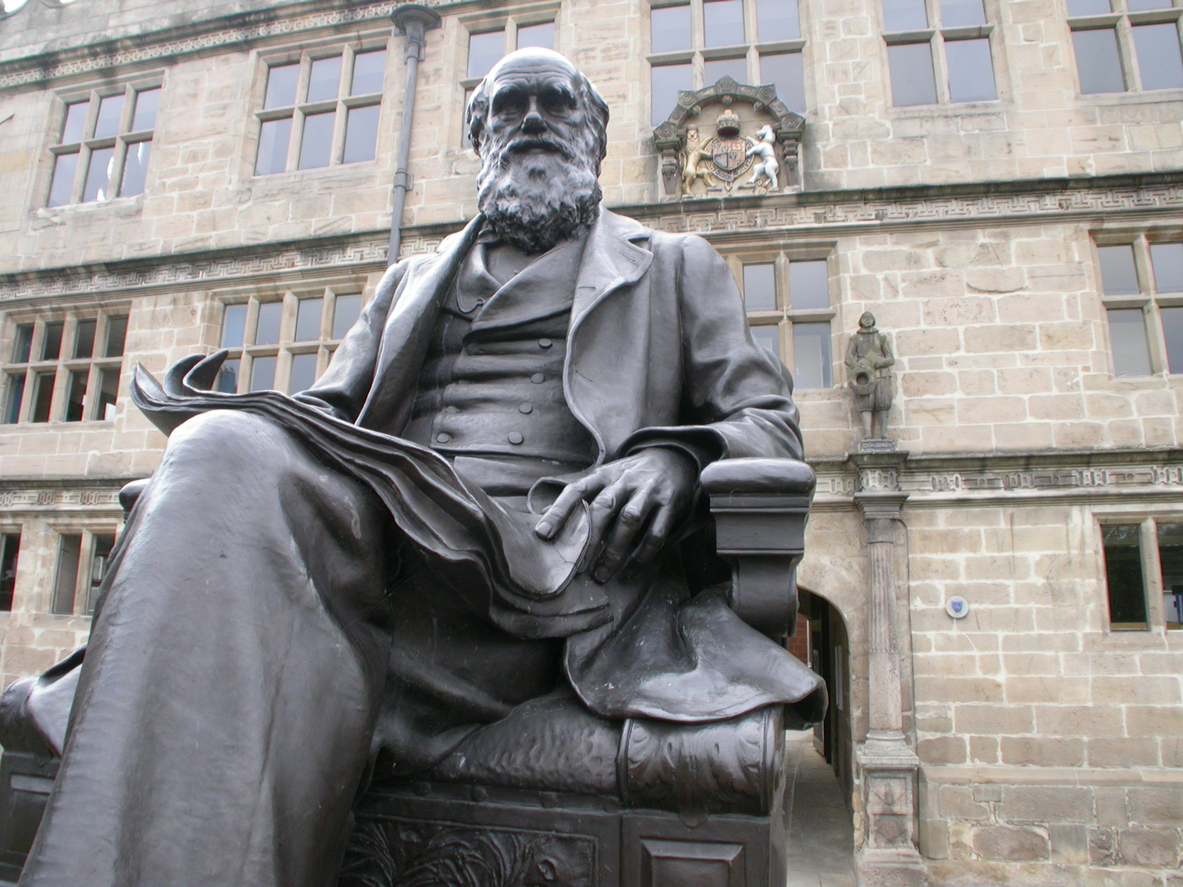Nominations Deadline: April 15, 2017
 The ECS Organic and Biological Electrochemistry (OBE) Division is currently accepting nominations:
The ECS Organic and Biological Electrochemistry (OBE) Division is currently accepting nominations:
OBE Division Manuel M. Baizer Award: established in 1992 to recognize individuals for their outstanding scientific achievements in the electrochemistry of organics and organometallic compounds, carbon-based polymers and biomass, whether fundamental or applied, and including but not limited to synthesis, mechanistic studies, engineering of processes, electrocatalysis, devices such as sensors, pollution control, and separation/recovery. (Specifically excluded are the development of electroanalytical methods and purely physical electrochemistry). The award is sponsored by The Electrosynthesis Company, Inc. and Monsanto Company.
The award consists of a scroll, and a $1,000 prize. The recipient is required to attend the spring 2018 biannual meeting in Seattle, WA to present an award lecture.
The OBE Division Award is part of ECS Honors & Awards Program, one that has recognized professional and volunteer achievement within our multi-disciplinary sciences for decades. Learn more about various forms of ECS recognition and those who share the spotlight as past award winners.
Nominate a colleague today!


 “The
“The  Taking a detailed look inside energy storage systems could help solve potential issues before they arise. A team of researchers from Brookhaven National Laboratory are doing just that by imaging the inner workings of a sodium-metal sulfide battery, leading them to understand the cause of degraded performance.
Taking a detailed look inside energy storage systems could help solve potential issues before they arise. A team of researchers from Brookhaven National Laboratory are doing just that by imaging the inner workings of a sodium-metal sulfide battery, leading them to understand the cause of degraded performance. As millions of students of all ages return to school this fall, they are making important choices that have a strong influence on their eventual career path – which college majors to pursue, which high school classes to take, even which elementary school extracurricular activities to join. Many of them – especially women, girls and members of minority groups – make choices that lead them away from professions in the fields of science, technology, engineering and mathematics (STEM).
As millions of students of all ages return to school this fall, they are making important choices that have a strong influence on their eventual career path – which college majors to pursue, which high school classes to take, even which elementary school extracurricular activities to join. Many of them – especially women, girls and members of minority groups – make choices that lead them away from professions in the fields of science, technology, engineering and mathematics (STEM). The advent of the Internet of Things suggests the potential for broad dissemination of information through a world of networked systems. An aspect of this paradigm is reflected in the concept of Smart Sensors Systems previously described in Interface: Complete self-contained sensor systems that include multi-parameter sensing, data logging, processing and analysis, self-contained power, and an ability to transmit or display information.
The advent of the Internet of Things suggests the potential for broad dissemination of information through a world of networked systems. An aspect of this paradigm is reflected in the concept of Smart Sensors Systems previously described in Interface: Complete self-contained sensor systems that include multi-parameter sensing, data logging, processing and analysis, self-contained power, and an ability to transmit or display information. Imagine if you could gas up your GM car only at GM gas stations. Or if you had to find a gas station servicing cars made from 2005 to 2012 to fill up your 2011 vehicle. It would be inconvenient and frustrating, right? This is the problem electric vehicle owners face every day when trying to recharge their cars. The industry’s failure, so far, to create a universal charging system demonstrates why setting standards is so important – and so difficult.
Imagine if you could gas up your GM car only at GM gas stations. Or if you had to find a gas station servicing cars made from 2005 to 2012 to fill up your 2011 vehicle. It would be inconvenient and frustrating, right? This is the problem electric vehicle owners face every day when trying to recharge their cars. The industry’s failure, so far, to create a universal charging system demonstrates why setting standards is so important – and so difficult.
 A team of researchers from Texas A&M University is looking to take the negative impact of excessive levels of carbon dioxide in the atmosphere and turn it into a positive with renewable hydrocarbon fuels.
A team of researchers from Texas A&M University is looking to take the negative impact of excessive levels of carbon dioxide in the atmosphere and turn it into a positive with renewable hydrocarbon fuels. Sometimes the biggest advancements are the smallest in size.
Sometimes the biggest advancements are the smallest in size.